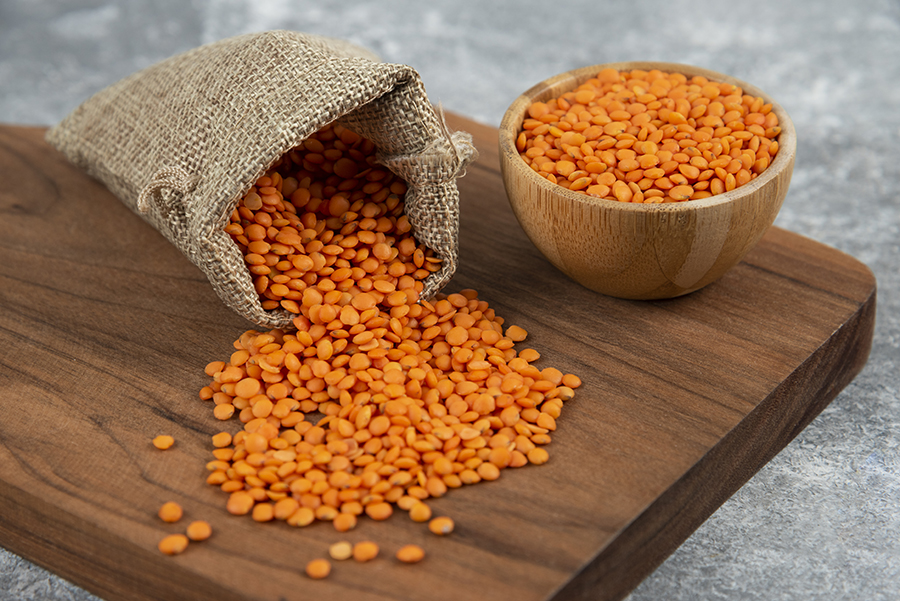September 7, 2021


India has until now never allowed the import of Russian lentils due to higher-than-average levels of pests. However, due to extenuating factors, the government has allowed for a one-time import of Russian lentils for a 6 month period, subject to compliance with India’s phytosanitary requirements.
The decision was likely made due to prices of masur (lentils) in India being at a record high, wholesaling this Tuesday at Rs. 80/kg and retailing at Rs. 100/kg as well as to reduce the dependence India’s on imports from Canada and Australia, both of whom are facing challenges with lentil exports this year. This move to allow Russian imports has already brought prices at the ports down by 2.5%.
Russia produces between 250,000 and 300,00 tons of lentils annually and the new imports are expected to ease the pressure on masur prices, on which the drought conditions in Canada have caused an increase of approximately 55% at the origin within two months. Australia, the second biggest producer of lentils after Canada, is also facing problems due to cancelled shipping agreements.
As a result, India has been forced to look elsewhere to feed its sizable domestic demand for masur.
However, despite the new trade agreement, Mr. Denis Plenkin of Russia’s Agropa Trading thinks it will not significantly affect the market: “The Russian local market is overheated: the sellers are trading at Nhava-Sheva at 1000-1100 USD/MT and the price depends on the quality, the logistics of the cargo, and the sellers' decision to test the market. Even at this price the sellers and local suppliers along with the farmers are not in a hurry to sign the contracts.”
“For Russian sellers and farmers, this is a great chance to keep the goods in storage as long as they can.”
Mr Plenkin was more concerned with a different perspective on today’s news: “If India has opened the import of lentils, does it mean we should expect the green light for the import of yellow peas and chickpeas? I think so.”
A Pest Risk Analysis showed that 3 quarantine pests (QPs), including two weeds and one nematode, that are absent in India have been identified in Russian lentils and any exports from the country are thus subject to such requirements as: